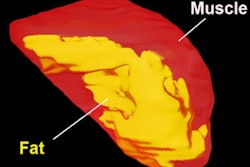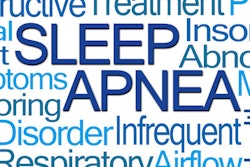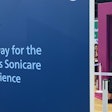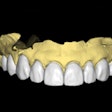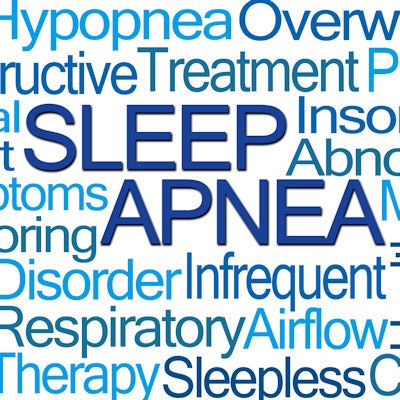
Obstructive sleep apnea (OSA) can be a risk factor for mortality, but what contributes to this risk for patients who may have this condition? Researchers wanted to see if the length of breathing interruptions was as important as how often they occur.
Patients with sleep apnea who have short interruptions in breathing while they sleep are at higher risk for death than those with longer interruptions, they found. Their study was published in the American Thoracic Society's American Journal of Respiratory and Critical Care Medicine (October 19, 2018).
"This finding could help doctors better prevent long-term mortality associated with obstructive sleep apnea," stated lead study author Matthew P. Butler, PhD, in an Oregon Health & Science University (OHSU) press release. Butler is an assistant professor of behavioral neuroscience in the OHSU School of Medicine and an assistant professor in the Oregon Institute of Occupational Health Sciences at OSHU.
Diagnostic metric
Sleep apnea occurs when throat muscles sporadically relax and block a patient's airway during sleep. This condition can be difficult to diagnose because its main diagnostic metric, the apnea-hypopnea index, is a poor risk predictor, especially for women, the researchers noted. They wanted to test if respiratory event duration (a heritable sleep apnea trait reflective of arousal threshold) was a predictor of all-cause mortality.
Using data from the Sleep Heart Health Study, a prospective, community-based cohort study, the researchers estimated the mortality risk of more than 5,700 patients and also determined gender-specific hazard ratios. The mean age of participants was 63 years, and 52% were women.
Almost 1,300 deaths occurred during more than 11 years of follow-up, the researchers reported. After adjusting for demographic factors, apnea-hypopnea index, smoking, and prevalent cardiometabolic disease, they found that individuals with the shortest duration events had a 31% greater chance of death (95% confidence interval: 1.11-1.54). The findings applied to both men and women.
Not definitive
The authors noted the study was not a randomized controlled trial, and they could not determine causality between shorter events and death. The shorter events may be a marker for another issue that caused the patient deaths.
However, they concluded that patients with shorter respiratory events may be predisposed to increased ventilatory instability and may have augmented autonomic nervous system responses that increase the likelihood of adverse health outcomes. This highlights the importance of assessing physiological variation in patients who may have obstructive sleep apnea, they noted.
"Shorter periods of disturbed breathing indicate a low arousal threshold, which would associate with sleep fragmentation, elevated sympathetic tone, and greater risk for hypertension," Butler stated in an American Thoracic Society release.






